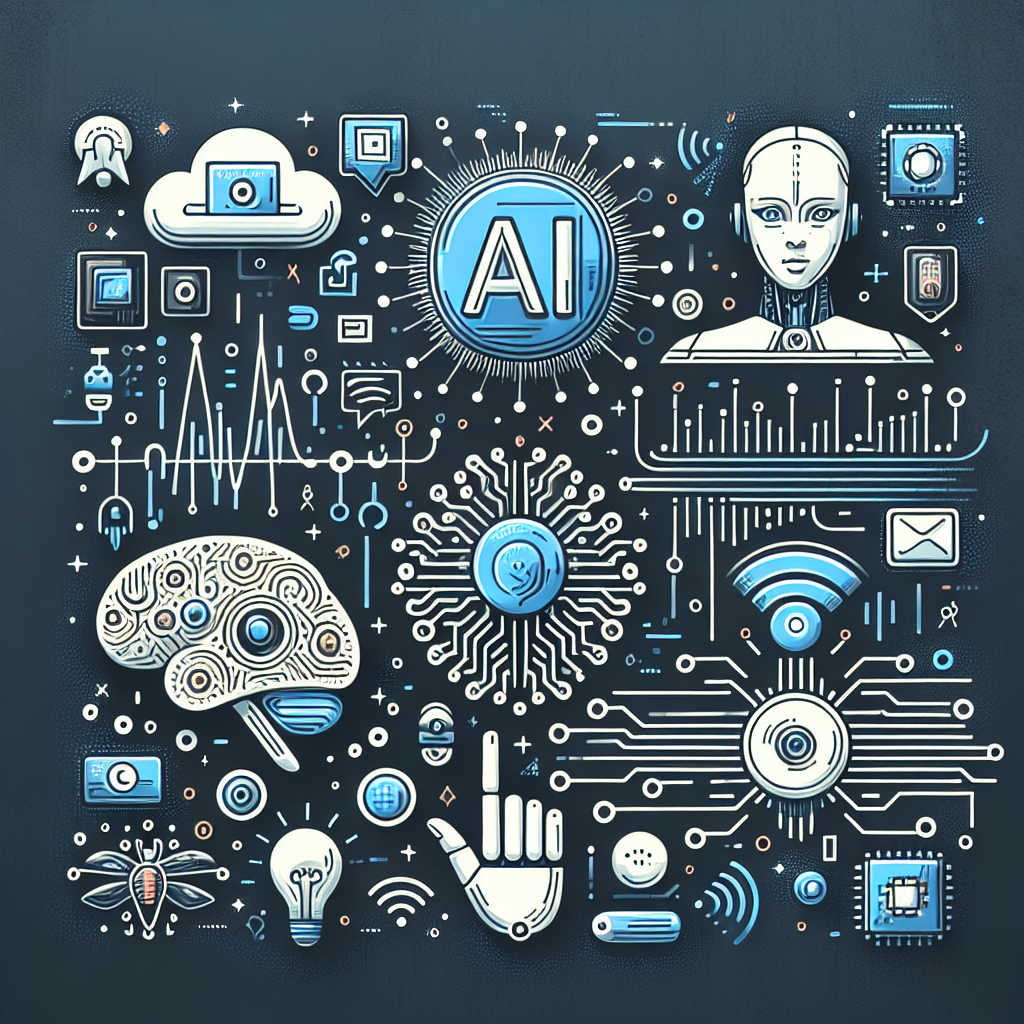The Future of Business Intelligence: AI and Natural Language Processing
Business Intelligence (BI) has come a long way since its inception, evolving from static reports and dashboards to a more dynamic and interactive form of data analysis. With advancements in technology, particularly Artificial Intelligence (AI) and Natural Language Processing (NLP), BI is poised to revolutionize the way organizations make decisions and gain insights from their data.
AI and NLP are two key technologies driving the future of BI. AI refers to the simulation of human intelligence processes by machines, while NLP enables computers to understand, interpret, and generate human language. When combined, these technologies have the potential to transform BI by making it more accessible, intuitive, and efficient.
One of the key benefits of AI in BI is its ability to automate tasks that were previously time-consuming and labor-intensive. AI-powered tools can analyze large volumes of data at a much faster pace than humans, enabling organizations to uncover insights and trends that would have been difficult to identify manually. This automation also frees up employees to focus on more strategic tasks, rather than spending hours sifting through data.
NLP, on the other hand, is making BI more user-friendly and accessible to non-technical users. Traditionally, BI tools required users to have a strong understanding of data analysis and querying languages. With NLP, users can simply ask questions in plain language and receive answers in real-time, without the need to write complex queries or navigate through multiple dashboards.
Together, AI and NLP are democratizing BI by making it easier for employees at all levels of an organization to access and analyze data. This democratization of data empowers employees to make data-driven decisions, leading to better outcomes for the organization as a whole.
In addition to democratizing BI, AI and NLP are also enabling organizations to take a more proactive approach to data analysis. Traditional BI tools are often reactive, requiring users to identify specific questions or hypotheses to investigate. With AI-powered tools, organizations can leverage machine learning algorithms to identify patterns and anomalies in data, allowing them to anticipate trends and make decisions before issues arise.
For example, AI can analyze customer data to predict churn rates or identify high-value customers, enabling organizations to take proactive steps to retain customers and increase revenue. Similarly, AI can analyze supply chain data to predict potential disruptions and optimize inventory levels, minimizing costs and improving efficiency.
Overall, the future of BI lies in the convergence of AI and NLP, enabling organizations to unlock the full potential of their data and make smarter, more informed decisions. By leveraging these technologies, organizations can gain a competitive edge in an increasingly data-driven world.
FAQs
Q: How can AI and NLP improve the accuracy of BI analysis?
A: AI and NLP can improve the accuracy of BI analysis by automating tasks that were previously prone to human error, such as data cleaning and processing. Additionally, NLP can help users ask more precise and targeted questions, leading to more accurate insights.
Q: What are some examples of AI-powered BI tools?
A: Some examples of AI-powered BI tools include Tableau, Power BI, and Qlik. These tools leverage AI to automate data analysis, generate insights, and provide recommendations to users.
Q: How can organizations leverage AI and NLP to improve their decision-making processes?
A: Organizations can leverage AI and NLP to improve their decision-making processes by using predictive analytics to anticipate trends, identify opportunities, and mitigate risks. NLP can also help users ask better questions and receive real-time answers, enabling faster and more informed decision-making.
Q: What are some potential challenges organizations may face when implementing AI and NLP in BI?
A: Some potential challenges organizations may face when implementing AI and NLP in BI include data privacy and security concerns, the need for specialized skills and expertise, and the potential for bias in AI algorithms. It is important for organizations to carefully consider these challenges and develop a clear strategy for implementing these technologies effectively.
In conclusion, the future of BI is bright, thanks to advancements in AI and NLP. These technologies are transforming the way organizations analyze and interpret data, making BI more accessible, intuitive, and efficient. By leveraging AI and NLP, organizations can unlock the full potential of their data and make smarter, more informed decisions in an increasingly data-driven world.

